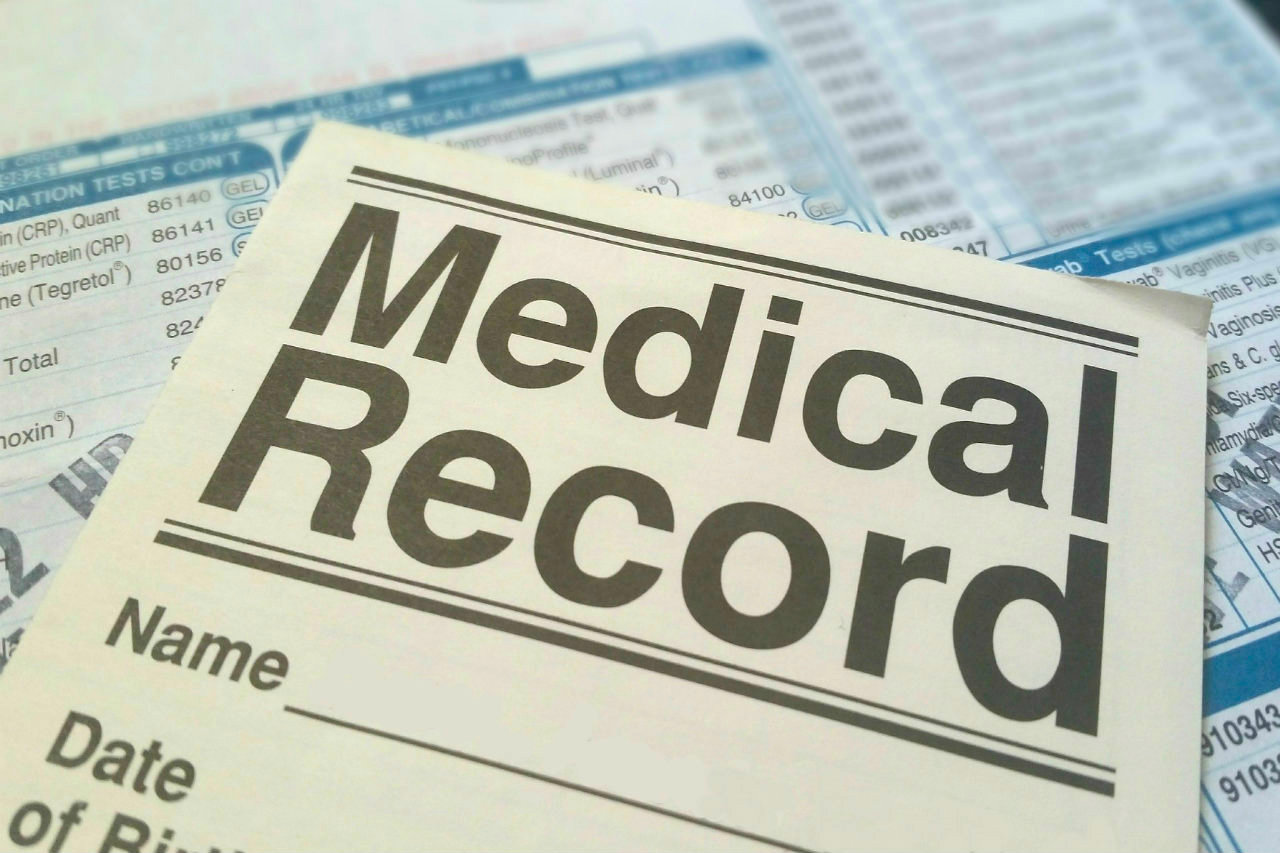Medical identity theft isn’t just frustrating and an enormous mess to clean up, it could also put your life at risk.
What if a thief uses your health benefits for their own health issues and their information overwrites yours when it comes to something critical, like a drug allergy or your blood type?
Or what if there’s incorrect information on your medical record as a result of medical identity theft?
It’s certainly happened before, like to an Oregon teenager who couldn’t donate blood because a thief who had AIDS used her benefits and her medical record then showed she had the disease.
You can read more in our blogpost “Signs You Could Be a Victim of Medical Identity Theft and Why it Could be a Matter of Life or Death.”
Thankfully there are safeguards you can take to help protect yourself.
Take These Steps to Protect Yourself
- Limit how much personal information you share with people in the first place. Don’t be afraid to ask if they really have to have your Social Security number and let them know you’re worried about safety. Identity theft victim Amy Krebs detailed her experience in this Forbes story entitled ‘Someone Had Taken Over My Life’: An Identity Theft Victim’s Story. She experienced it firsthand and suggests the same advice: “Question when someone asks you for your SSN,” Krebs said. “I’m shocked by how often, when I ask, ‘Do you really need that?’ they say no. Well, don’t ask if you don’t need it.”
- Pay attention to your statements. You might be tempted to throw those Explanation of Benefits letters or the Medicare Summary Notice that your insurance sends after each service into a file folder without actually reading them. Don’t. You need to make sure that the procedure dates, providers and services match what you actually received. If they don’t, it could be a sign someone has stolen your identity. Act fast if you do see a mistake. Check with the hospital or doctor’s office to make sure it wasn’t a mistake on their end and reach out to your insurance company to report the issue.
- Don’t ever share your medical or insurance info with someone over the phone or via email unless you were the one who reached out in the first place. Often times medical identity thieves will pose as someone who works for your insurance company, your doctor’s office or even your pharmacy in order to convince you to share your information.
- Shred everything, including all outdated health insurance forms, statements from your doctor and prescription drug labels.
- Pay attention to the news. If your hospital or doctor’s office does have a breach, be sure to reach out and find out what information of yours was compromised and what, if anything, they’re doing to remedy the situation.
- Watch for phishing scams. Often times criminals target customers affected by breaches with phishing scams, as in the case of Anthem’s massive 2015 data breach that resulted in an estimated 78.8 million consumer records exposed. Scam artists sent out emails designed to look as if they were from Anthem and included a link for credit monitoring, but the emails were phishing scams attempting to trick consumers into sharing personal info.
Are you covered for identity theft?
Get Covered
Image: Pixabay

